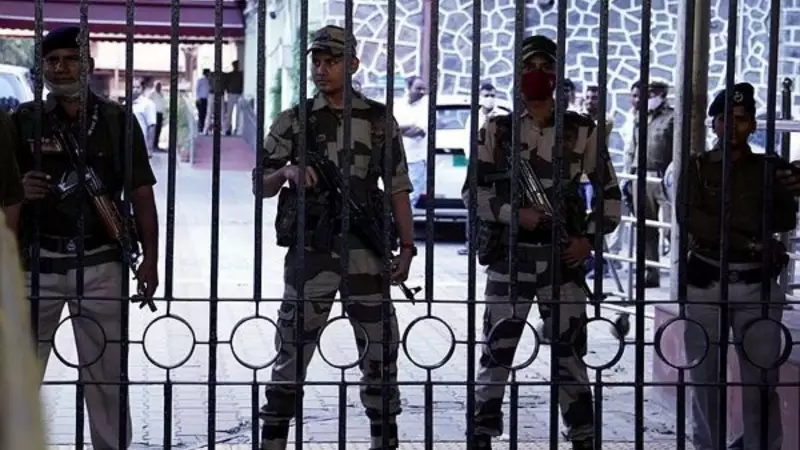
In a significant move to bolster maritime security, the Indian government has appointed the Central Industrial Security Force (CISF) as the new safety regulator for approximately 250 seaports across the country. This strategic decision aims to standardize and enhance security protocols at both minor and major ports along India's extensive maritime borders.
Comprehensive Security Overhaul
The Ministry of Ports, Shipping and Waterways officially designated the CISF through an order issued on November 18, 2025, according to CISF Deputy Inspector General (DIG) Ajay Dahiya. The Union Home Ministry-backed paramilitary force is expected to make the new security framework operational within the next six months, as confirmed by the Ministry of Home Affairs (MHA).
DIG Ajay Dahiya emphasized that the CISF will serve as the nodal regulatory authority for all port security matters. The force will operate across three critical domains: providing consultancy for establishing advanced security systems and gadgets, deploying hybrid security manpower, and conducting comprehensive training for all stakeholders in the maritime sector.
Specialized Security Functions
The CISF will focus exclusively on core security functions including counter-terrorism operations and anti-sabotage measures at all EXIM (export-import) ports. Meanwhile, non-essential duties such as traffic management, gate control, and other ancillary tasks will remain the responsibility of private security agencies or state police forces.
This specialized approach ensures that highly trained CISF personnel can concentrate on critical security threats while maintaining efficient port operations through coordinated efforts with other security providers.
Massive Personnel Expansion Planned
Officials revealed that the CISF may require as many as 80,000 additional personnel over the coming years to secure 80 major seaports effectively. This expansion translates to approximately 1,000 personnel per major port as part of a new technology-enabled security framework. Currently, the force has only around 5,300 personnel deployed for these duties, indicating substantial recruitment and training initiatives ahead.
The new security blueprint also introduces a hybrid security model that combines CISF expertise with private security personnel. This integrated approach will be supported by upgraded screening systems and dedicated training institutions specifically designed for port-security staff development.
DIG Dahiya described these measures as a major stride toward creating secure, efficient and future-ready ports that will significantly support India's economic growth and global maritime ambitions. The comprehensive security overhaul represents one of the largest maritime security initiatives in recent years, positioning Indian ports to meet international security standards while facilitating smooth trade operations.




